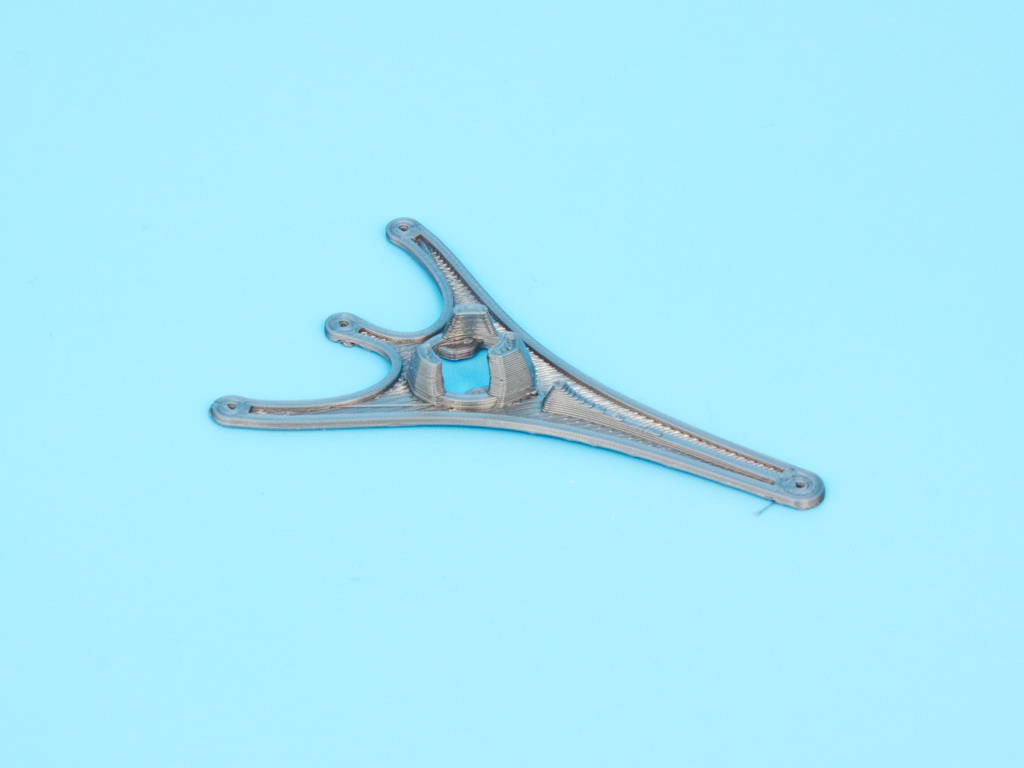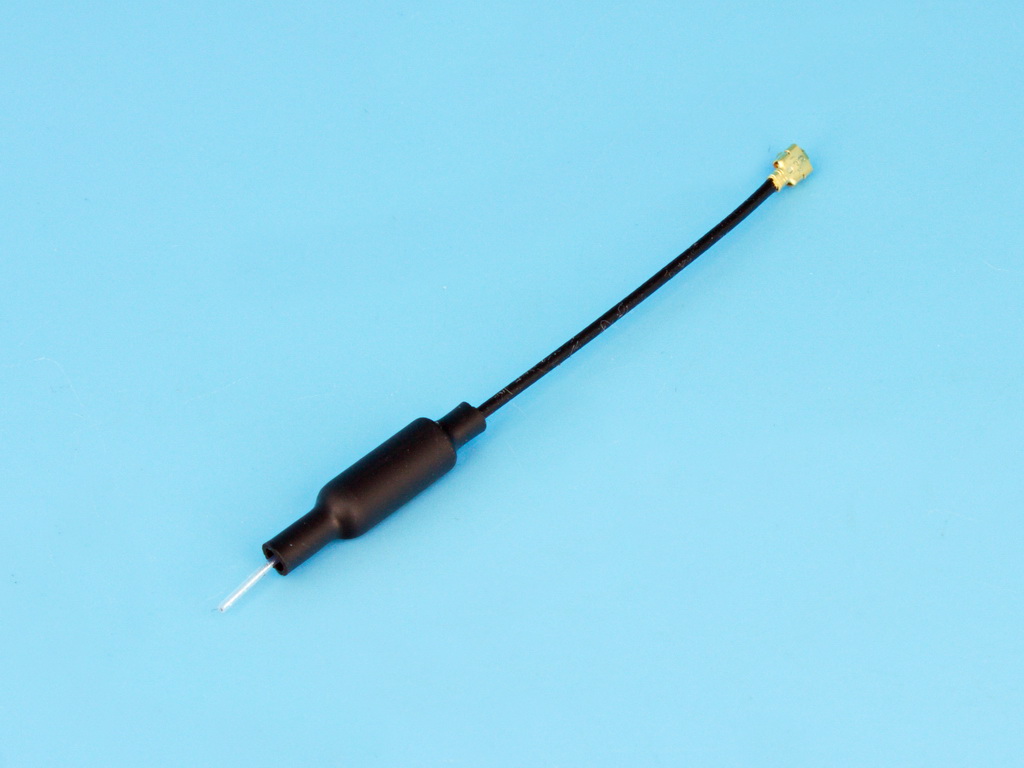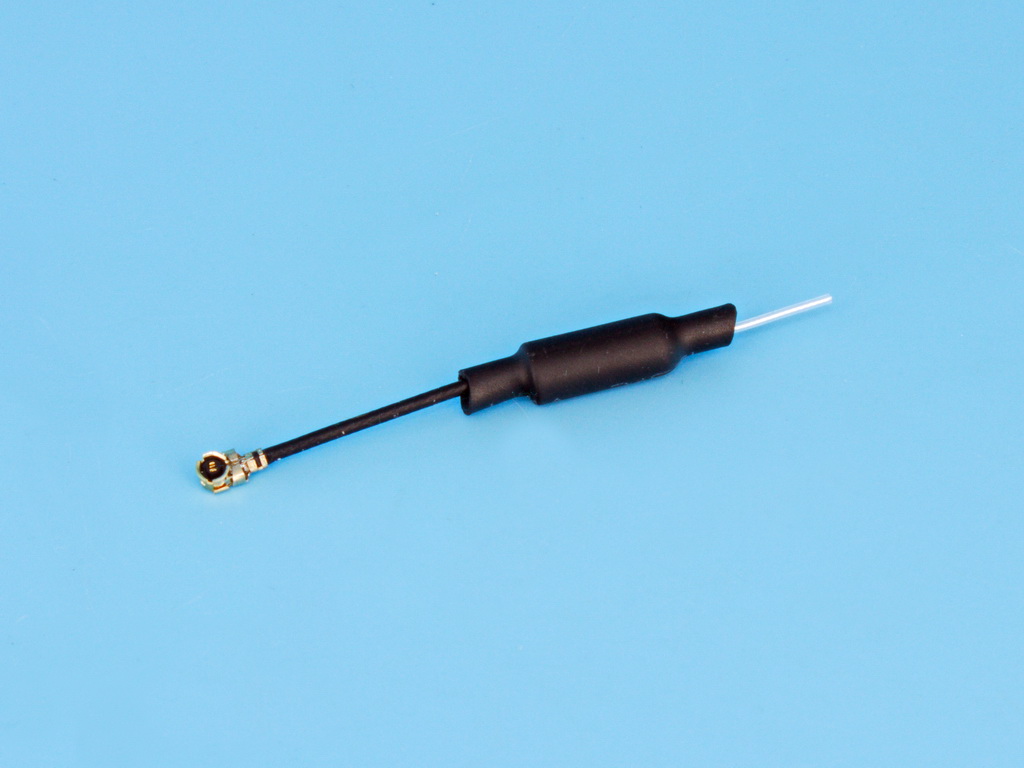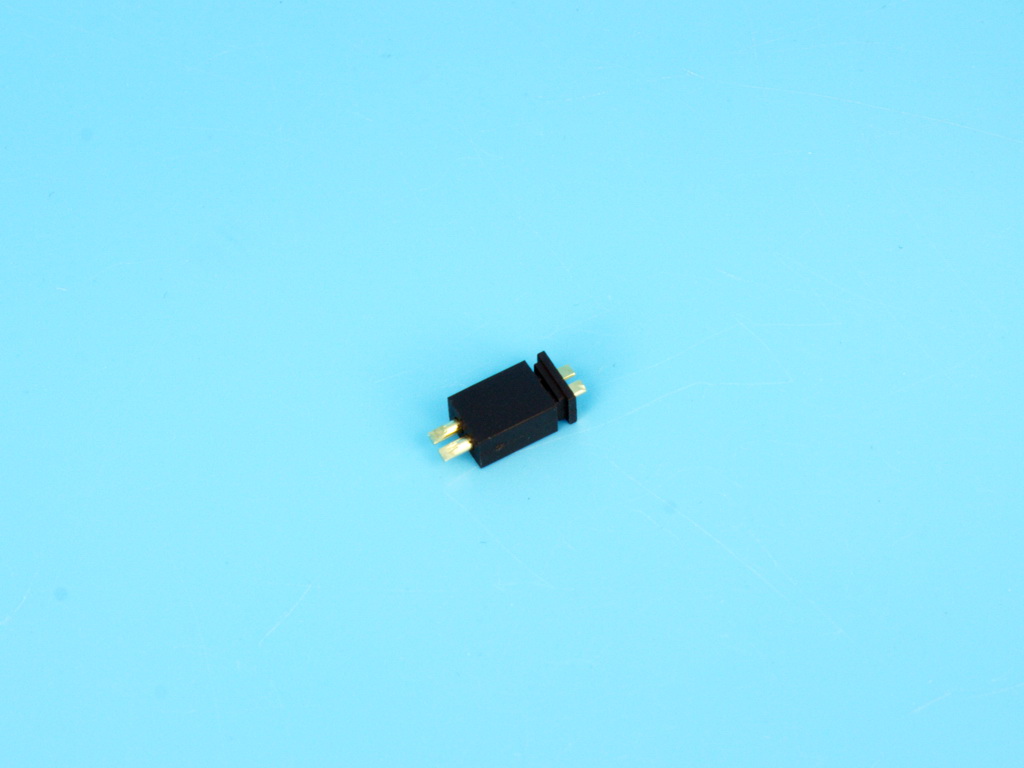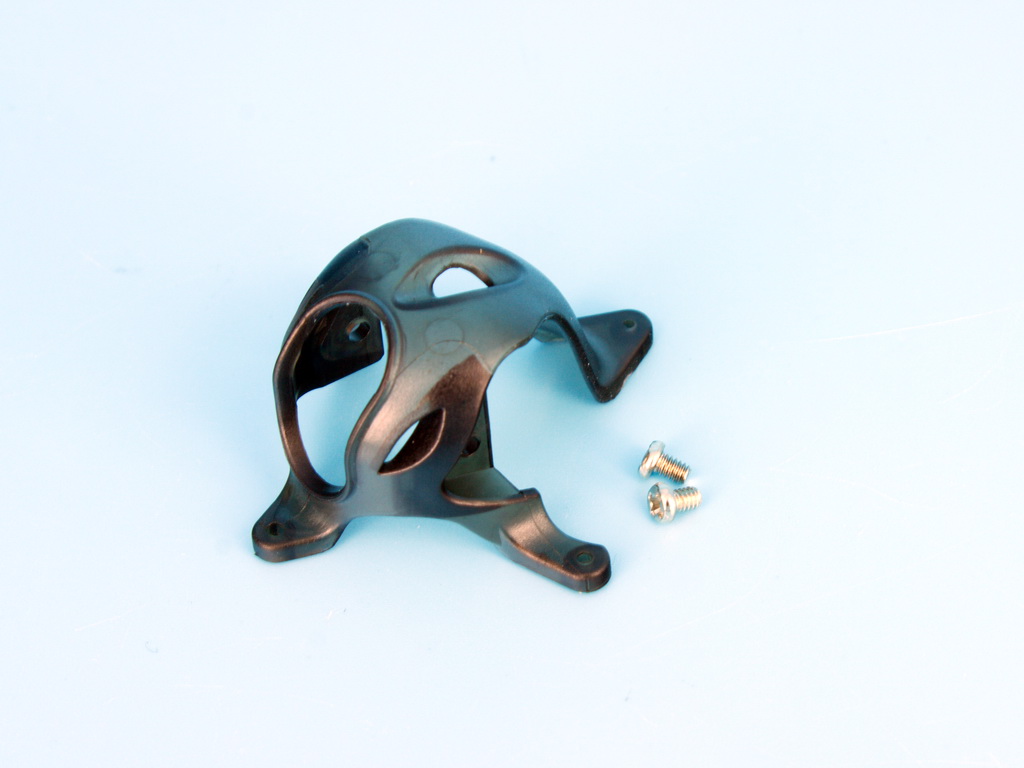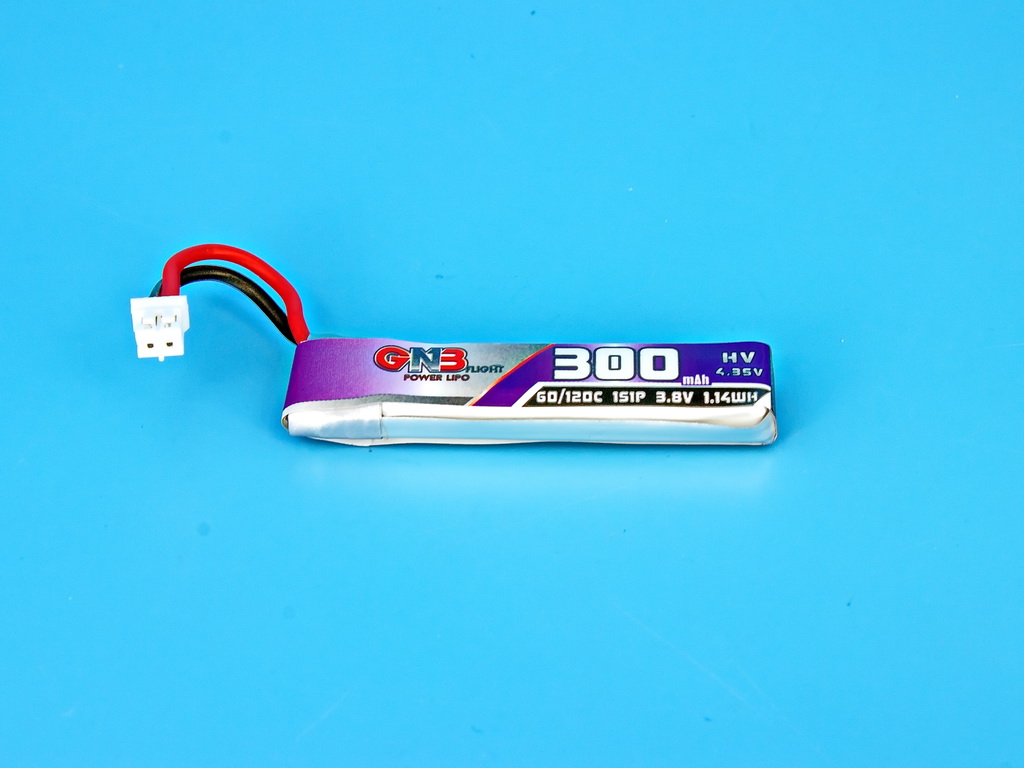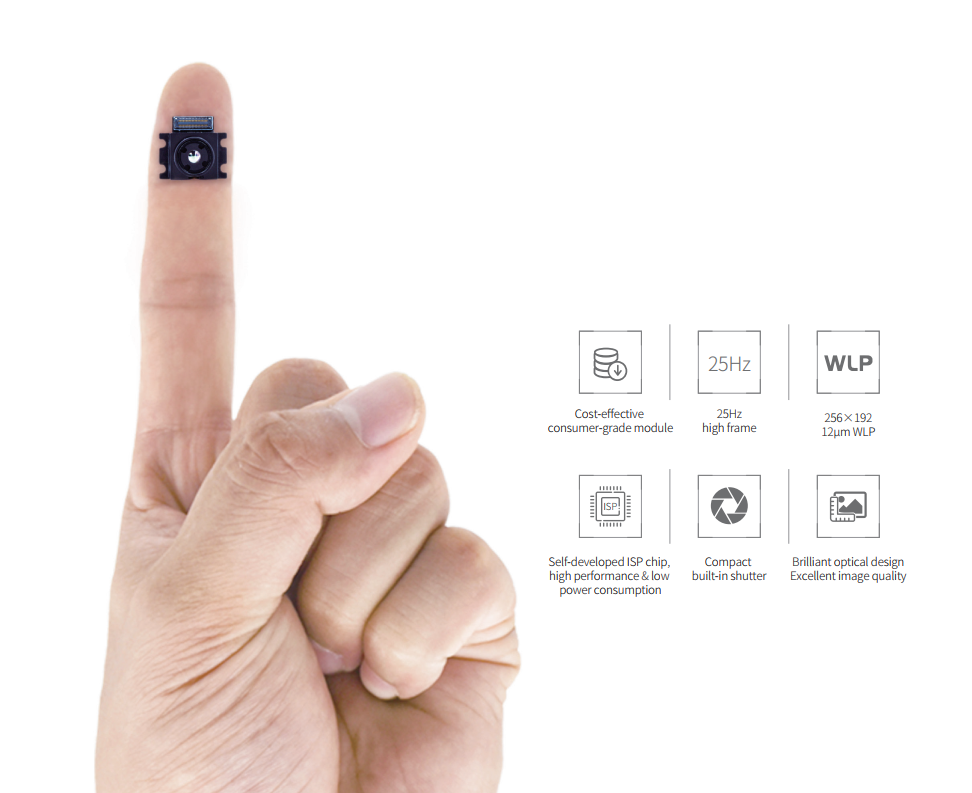Product overview
Description
Detailed Information
The Reach M+ RTK Kit on pre-order – we expect our shipment to arrive late June.
This is the Reach M+ RTK Kit that includes, you’ve guessed it, the new and improved Reach M+ module. The new Reach M+ has a new processor, comes with locking connectors and has a protective plastic case.
This RTK GPS kit combines amazingly powerful RTKLIB open-source software with a powerful processor (and a great price) to provide you with a GPS system that is accurate to centimetres. That’s right, centimetres…
Key Features
- Centimetre accuracy GPS coordinates
- Great low price for the technology
- One stationary Reach unit can send corrections to an unlimited number of vehicles (with a Reach module installed) within a 10km area
- Wi-fi and Bluetooth 4.0 connectivity is built-in
- Runs RTKLIB software
- Provides accurate reception for all upper L- band GPS, GLONASS, Beidou, and Galileo signals (L1, G1, B1, B1 BOC, B12, E1) and associated augmentation signals (WAAS, EGNOS and MSAS SBAS)
This kit is the perfect addition to any robotics project requiring precise navigation and in particular, precision mapping and survey work. Moreover, this great piece of kit is available at a price break that is very competitive. This kit uses off-the-shelf components and open-source software to reduce the price and if you have one Reach unit, you can send GPS corrections to an unlimited number of devices in a 10km area.
In order to use the RTK mode, you must have one Reach unit on your vehicle and one on the ground, stationary. This stationary unit provides the corrections to the location errors, transmits them to the Reach unit on the vehicle which then uses these corrections to provide the precise GPS coordinates.
Kit Includes:
- 2 x Reach M+ module
- 2 x multi-GNSS antenna
- 2 x USB cable
- 2 x USB-OTG cable
- 2 x JST-GH 6-pin to jumper pin cable
- 2 x JST-GH 5-pin to jumper pin cable
RTK GPS vs Regular GPS
Take a look for yourself at the difference between a regular GPS module (that is actually pretty accurate) and the Reach RTK GPS system…The green represents the Reach coordinates and the red a regular GPS module.
Static

Kinematic

RTK Positioning for Navigation

PPK mapping with centimeter accuracy. Use fewer GCPs
Why camera synchronization is so important
Usually autopilot triggers the camera and records the coordinate it has at that moment. When the drone is flying at 20 m/s and GPS works at 5 Hz, that means your autopilot will have position readings only each 4 m, which is not suitable for precise georeferencing. In addition, there is always a delay between the trigger and the actual moment the photo is taken.
Reach eliminates the delay
Reach solves the problem of positioning by connecting directly to the camera hot shoe port, which is synced with the shutter. The time and coordinates of each photo are logged with a resolution of less than a microsecond. This method allows GCPs to be used only to check your accuracy.

1. Connect Reach to a hot shoe port on a camera
Every time a photo is taken camera produces a pulse on a flash hot-shoe connector which is synced to a shutter opening.
2. Fly a drone, Reach will record photo events
Reach captures flash sync pulses with sub-microsecond resolution and stores them in a raw data RINEX log in the internal memory.
3. Download logs from Reach and base station
After the flight, get the RINEX logs from your airborne Reach module and a base station (Reach RS, CORS or another receiver).
4. Process logs and get a file with geotags of photos
Process RINEX files using free RTKLIB software. The produced file with precise coordinates of the photos can be used for georeferencing.

NTRIP or another Reach as a base station
To calculate centimeter-precise coordinates in PPK and RTK, Reach needs corrections from a base station. It could be either another Reach receiver or an NTRIP service. VRS is also supported.
Compatibility
Reach M+ works seamlessly with other Reach receivers over any link and are compatible with any other receiver that supports RTCM3 and NTRIP.
Reach M+ and Reach RS+
If you work within short baselines then Reach M+ is an optimal choice. Otherwise Reach M2 will be better
GPS Modules
RTK
Up to 10 km
PPK
Up to 20 km
Time to fix
1-2 min
Frequency bands
Single-band
RINEX logging update rate
Up to 14 Hz
Comes with an app

ReachView is the most user-friendly software for data collection that is available both for Andr
oid and iOS. With ReachView, you can control all the features of Reach receivers, such as setting up a base station, logging RINEX data, configuring NMEA output, and monitoring data.
Camera control
Reach is able to trigger cameras as well as register events. The event mark feature is a must for aerial mapping as it allows the precise time when the shutter was activated to be registered.
Simple log management
Logs are automatically recorded directly to RINEX in the internal memory. View a list of the logs and download them using the ReachView app.
Monitoring data
ReachView shows current satellite levels, your location on a map, and much more
Reach M+ Specifications:
Mechanical:
- Size: 56,4 x 45,3 x 14,6 mm
- Weight: 20 g
- Operating tº: -20…+65ºC
Electrical:
- Input voltage on USB and JST-GH connectors: 4.75 – 5.5 V
- Antenna DC bias: 3.3 V
- Average current consumption @5V: 200 mA
Data:
- Internal storage: 8 GB
- Correction input: RTCM2, RTCM3
- Solution input: ERB, plain text, NMEA (RMC, GGA, GSA, GSV)
- Logs: RINEX2.X, RINEX3.X
GNSS:
- Signals: GPS/QZSS L1, GLONASS G1, BeiDou B1, Galileo E1, SBAS
- Tracking channels: 72
- IMU: 9DOF
- Update rate: 14 Hz / 5 Hz
Connectivity:
- Wireless: Wi-Fi (802.11a/b/g/n), Bluetooth (4.0/2.1 EDR)
- Interfaces: USB, UART, Event
Positioning:
- Static: H: 5mm + 1ppm, V: 10mm + 2ppm
- Kinematic: H: 7mm + 1ppm, V: 14mm + 2ppm
Resources:
Check out all the information you need on this product here.
Price & Procurement
Associated Product
-
-
-
-
-
-
Capacity: 300 mAh Nominal voltage: 3.8 V Maximum discharge current: 60C ...
-
DarkStar20: So light, it makes feathers look overweight. Perfect for sneaking th ...
-
With 20A Blheli_s ESCs and an integrated ELRS RX, this FC lifts your drone’s per ...
-



